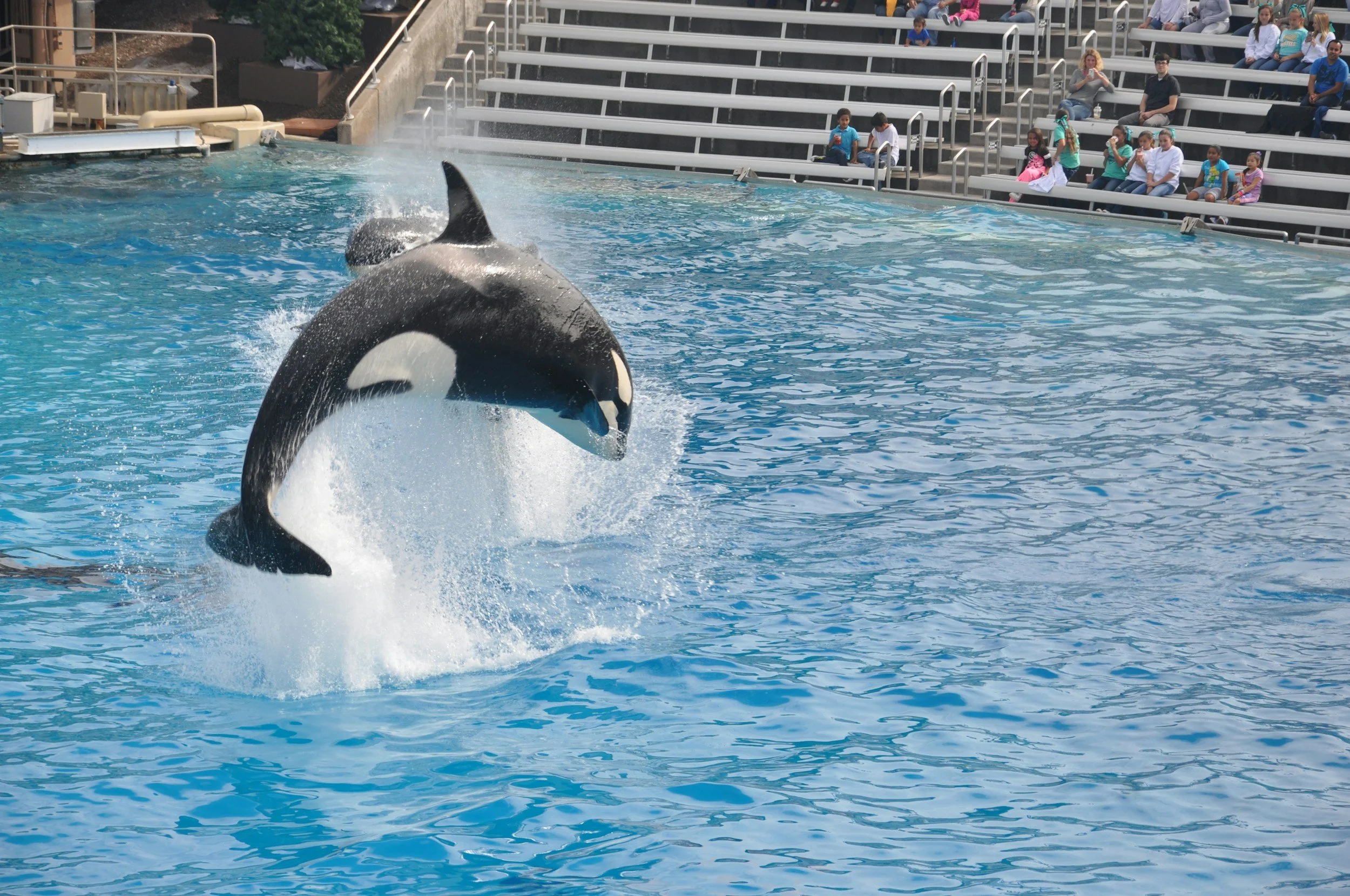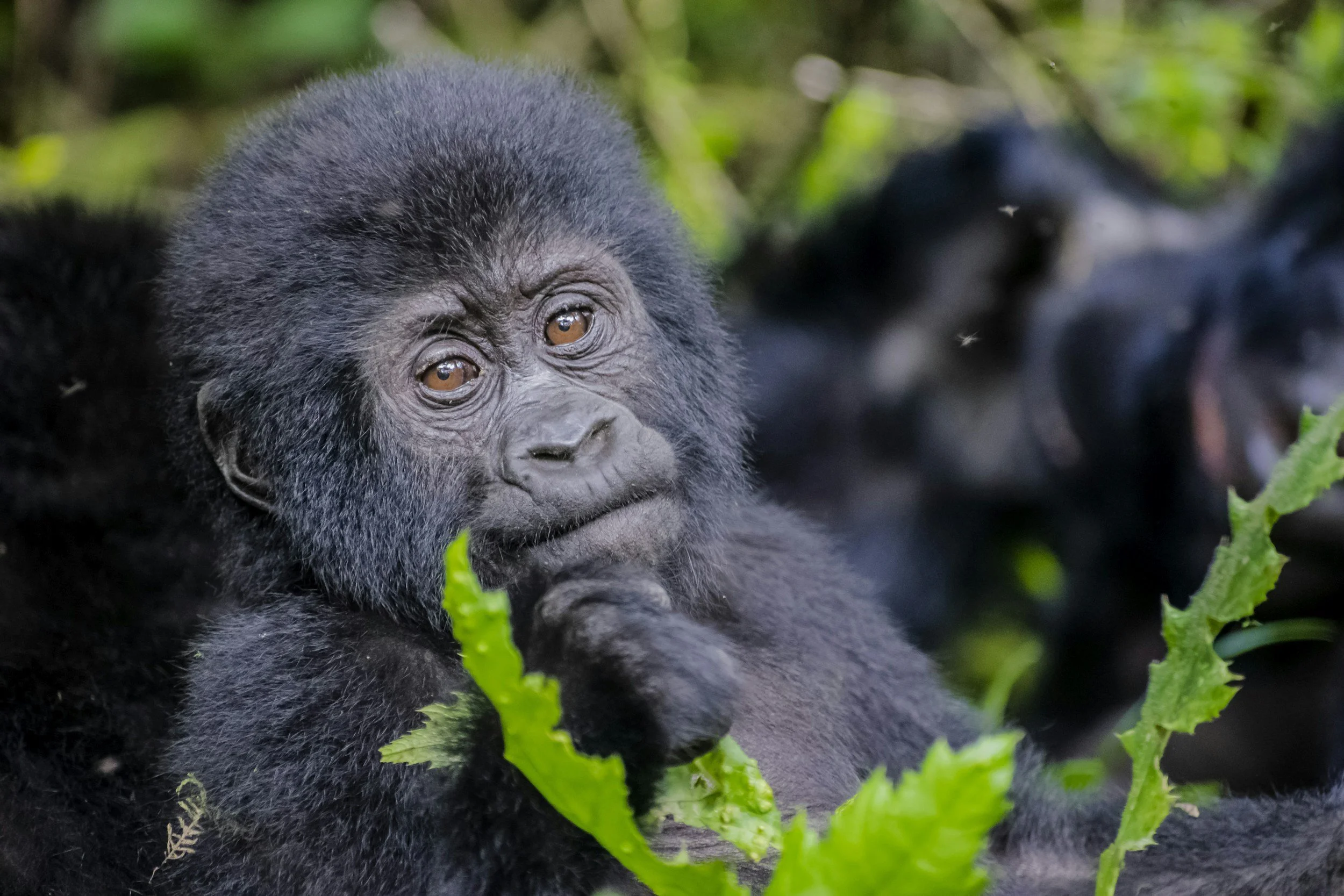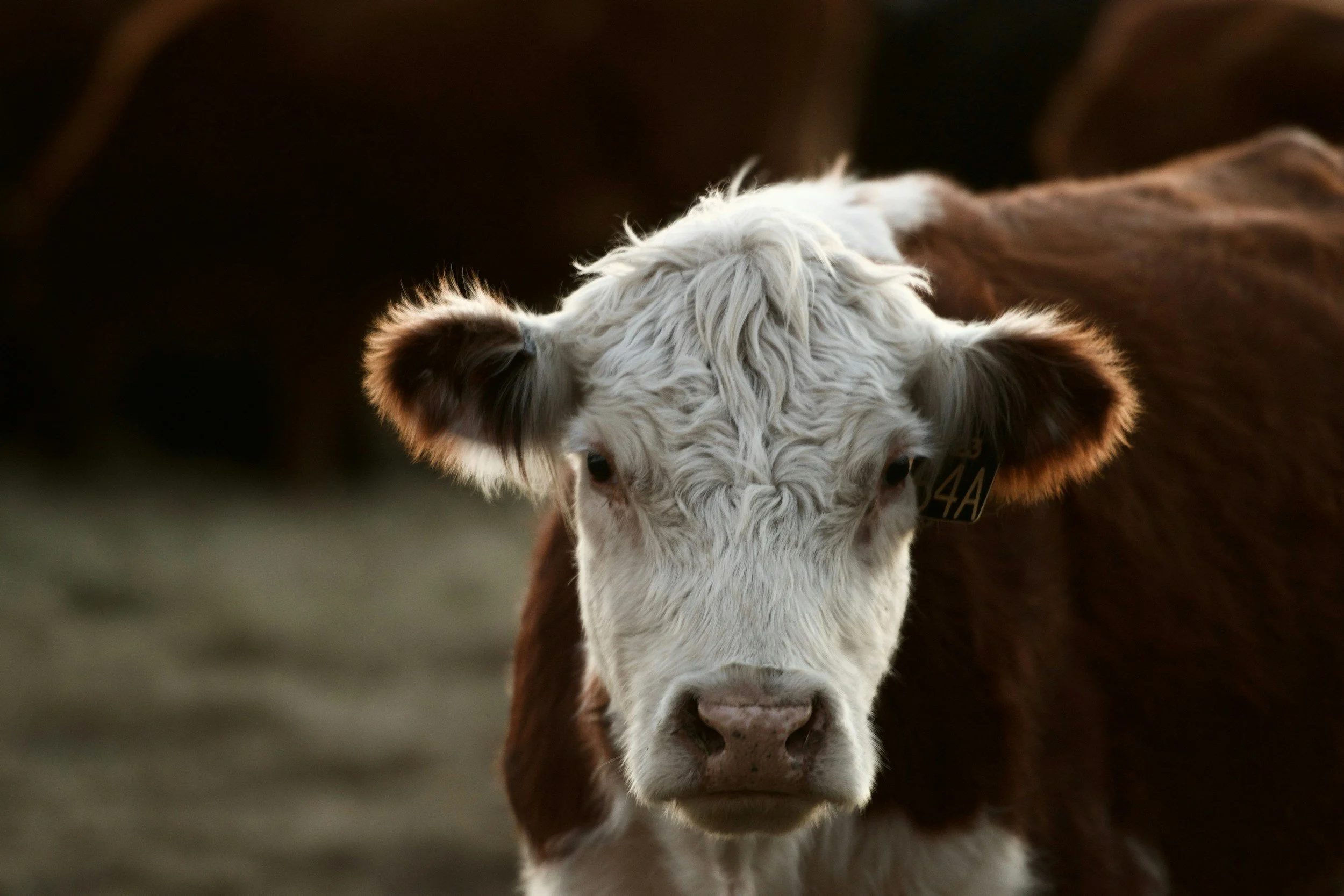Victory! UK bans the export of live animals
The controversial industry has shipped millions of live farmed animals from the UK to abroad on crowded, grueling journeys, which can last for over 100 hours.
A worker with an electric prod loads sheep onto trucks. Credit: Jo-Anne McArthur / We Animals Media
A ban on the controversial practice of exporting live animals from the UK has been introduced, the country’s government has announced.
The animal agriculture industry’s use of live exports - where journey times can vary from hours to weeks at a time - has long been condemned for failing to meet animal welfare standards.
As part of the live export process, transported animals endure grueling journeys on trucks and ships, where crowded and poor conditions can cause animals exhaustion, injury, hunger, and stress. The journeys are typically made to send the animals for further fattening or slaughter outside the country.
Government figures show that the UK has exported up to 40 million farmed animals including sheep, calves, and pigs since the 1960s, with over one million animals a year being exported at the industry’s peak.
Now, the passing of the Animal Welfare (Livestock Exports) Bill will make live exports illegal and a thing of the past in the UK.
A general example of a live export ship that carries tens-of-thousands of live animals on voyages that can last weeks and weeks. Credit: Jo-Anne McArthur / Israel Against Live Shipments
The UK’s Royal Society for the Prevention of Cruelty to Animals (RSPCA) has campaigned against live exports for nearly 100 years, and described the government's decision to finally introduce a ban as “one of the biggest days for animal welfare in modern history”.
The journey to pass the legislation has indeed been a long and challenging one. Local activist groups have consistently protested at ports where live export ships depart.
“It has been truly heartbreaking to witness these animals crammed into trucks”, said Yvonne Birchall, from the Kent Action Against Live Exports (KAALE) group, which has demonstrated for over 29 years at UK ports.
“Whatever the weather, whatever the time of day, KAALE have attended these sailings, and our members are the last friendly faces millions of animals will have seen before being exported”, explains Birchall. “We are delighted that the law will finally ban this cruel trade and the people of Kent will no longer need to stand up in opposition to it.”
Credit: Jo-Anne McArthur / Israel Against Live Shipments / We Animals Media
Global Action Against Live Exports
The UK’s new ban is the latest positive step in the global campaign against live exports.
In 2023, New Zealand announced a historic ban on all live exports by sea. The country’s involvement in the trade was catapulted into the world spotlight when a huge live export ship bound for China capsized in 2020. The disaster claimed the lives of over 40 crew members and around 6,000.
Earlier this month, Australia announced that it will end the export of live sheep by sea in 2028. Multiple campaigns highlighting the dire animal welfare conditions on board of ships where thousands of animals are crammed tightly together on long journeys had led to widespread public outcry in the country, with Australia’s RSPCA finding that 71 percent of West Australians support a ban.
Murray Watt, Australia’s agriculture minister, explained alongside the announcement of the ban that “the live sheep export industry has shown time and again that they are unable to meet the community’s expectations”.
We Have A Favor To Ask…
Species Unite amplifies well-researched solutions to some of the most abusive animal industries operating today.
At this crucial moment, with worldwide momentum for change building, it’s vital we share these animal-free solutions with the world - and we need your help.
We’re a nonprofit, and so to keep sharing these solutions, we’re relying on you - with your support, we can continue our essential work in growing a powerful community of animal advocates this year.






